....because it is what it is.
Anxiety is typically future focused - a fear that something bad is going to happen and I won't be able to cope. And so we worry - as a coping strategy, believing (unconsciously) that all that over-thinking will somehow solve our anxiety, find the answer - except that it won't. It prolongs the thinking to try to avoid anxiety, but the struggle means we engage ever more in thinking about the very thing we are anxious about and so maintain the cycle. If we didn’t worry - do all that over-thinking - the anxiety would pass, because that is what it does - it always passes. It's a normal human emotional experience, but we fight against it as though it isn't.
“If we didn’t worry - do all that over-thinking - the anxiety would pass, because that is what it does - it always passes”
Anxiety and worry are responses to an intolerance of uncertainty. We want to know what will happen, even though we can't possibly know what the future will hold, whether that is how the Coronavirus pandemic will pan out in six or 12 months time, or whether the 'perfect' job will be available and whether you will get it.
We assume uncertainty is a bad thing, but that is at least in part because we underestimate our ability to cope, to problem solve problems that life throws up or else accept that some things just are - not everything can be ‘solved’ or indeed needs to be solved. It may be a ‘problem’ only because we have framed it as such. But in many cases we may actually be able to deal with stuff, however difficult or scary it may be. To approach life with a problem solving mindset, so that problems are seen as challenges to be solved and that they are a normal part of life. And as we get better at problem solving, so our ability to cope improves and uncertainty becomes more ordinary, more acceptable, and even potentially exciting. Uncertainty also facilitates creativity and innovation, as adaptive responses to circumstances.
Future prospects......
For many soon-to-graduate students starting out on their careers anxiety about their prospects is common, but that is because of an undue focus on the outcome, as though you have to get into your ideal job immediately or else you'll be a failure. NO - you won't be! The life ahead of you is likely to be one of multiple careers - a portfolio career if you like. You will move around, change direction, shift sectors, adapt to changing circumstances and priorities. That can be exciting - it opens up all sorts of possibilities and suggests that actually you never really make mistakes about careers, they are just experiences from which you learn. If you find yourself in a job you don't like, you can change - you do have agency in what you do. You just need to think through your options and come up with a plan of action - to problem solve it.
How helpful is all that worry about the future after all? Has it made life easier for you? If, instead, you spent more time in the present, engaged in your studies or work or life activities - curious and interested in what you are doing, now - and were more able to deal with things as or when or if they ever happened, how much easier life might be.
Maybe uncertainty could be your friend, a source of excitement, challenge, interest rather than something scary. Or maybe just something to feel indifferent about, it being neither good nor bad, just something that is what it is. You can plan for the future and help shape what happens, but you can only do that - act - in the present.
One day at a time....
Taking each day as it comes is not a bad maxim. Engage in and appreciate each day and each moment since you can't know what tomorrow might bring. You might have an idea from your diary, but there may be all sorts of surprises - good, bad and indifferent. Deal with them then, not try to anticipate them all now. You can never prepare for all eventualities, but you may be surprised at how well you can cope. You will, after all, have had experiences, good and bad, from which you can learn. The desire for certainty leads to wanting to feel in control. But, there’s a balance to be struck, of controlling the things you do have control over, but accepting that there are lots of things over which you cannot have control, so there can be no point in worrying about those things. And sometimes letting go and allowing things to happen is the best way to be ‘in control’ - to relax, be calm and to go with the flow.
Embrace uncertainty - sit with it and accept it for what it is. It is, after all, the natural order of things - there's no hiding from it.
Bill Sheate, 20 April 2021

